Cars, like any other machines, are susceptible to a variety of bugs and issues that can compromise their performance, safety, and longevity. While some problems are more technical, others are surprisingly common and often stem from basic maintenance neglect. This article outlines some prevalent bugs that can affect vehicles and offers practical solutions for addressing them.
Other Topics You Might Like
Helpful Products You Might Like
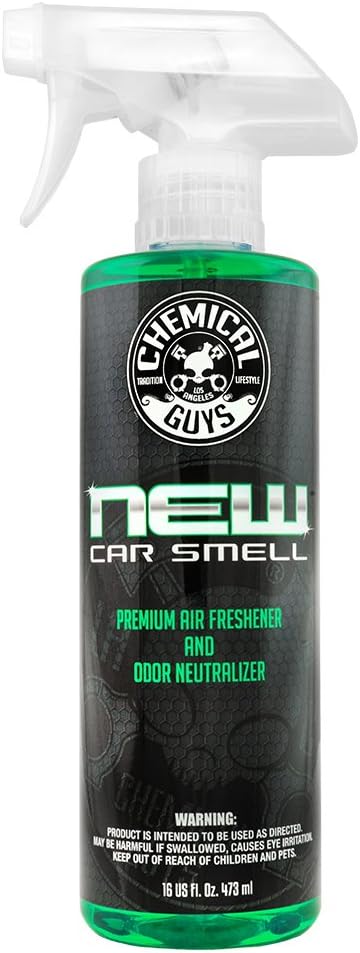
Chemical Guys New Car Smell Premium Air Freshener
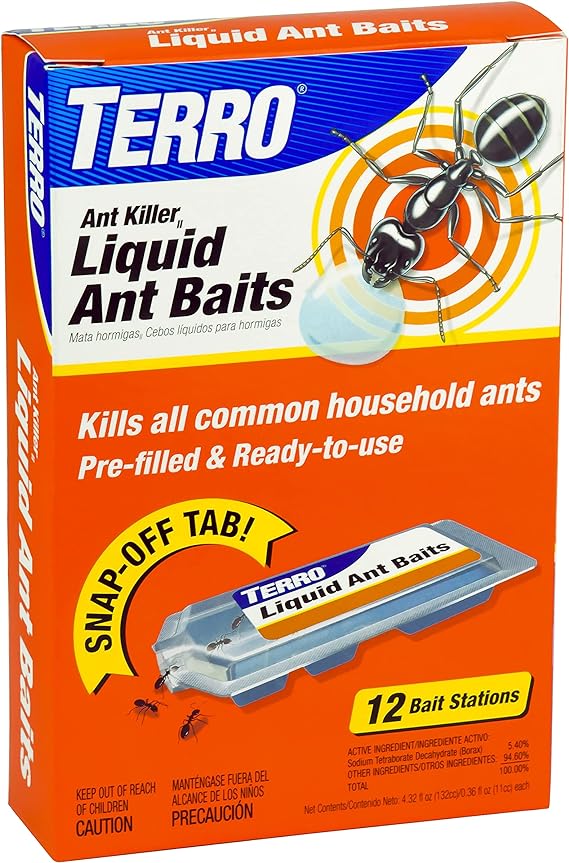
TERRO Liquid Ant Killer
Baits

Chemical Guys Car Wash Starter Bundle with Green Chenille Wash Mitt
"(Paid Links)" 
Battery Drain
One of the most frustrating issues car owners face is a dead battery. This can happen for a variety of reasons, including leaving headlights on, faulty wiring, or a battery that simply needs replacement.
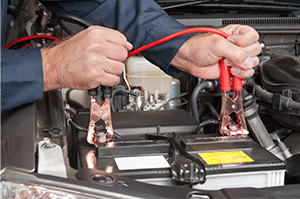
Solution
Regularly check your battery's condition, clean the terminals, and ensure it is securely fastened. If you notice your battery is over three years old or has trouble holding a charge, consider replacing it. Using a multimeter can help you diagnose whether the battery is the issue or if there’s a parasitic draw somewhere in the system.
Tire Wear and Tear
Uneven tire wear is a common issue that can lead to poor handling and decreased fuel efficiency. This is often caused by improper alignment, over-inflation, or neglecting regular tire rotations.
Solution
Regularly inspect your tires for signs of uneven wear. Ensure they are properly inflated according to the manufacturer’s specifications, and get a wheel alignment if necessary. Schedule tire rotations every 5,000 to 7,500 miles to promote even wear across all tires.
Brake Problems
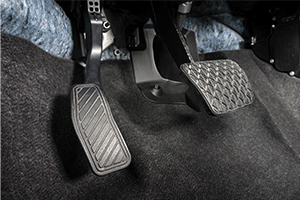
Brake issues, such as squeaking or grinding noises, can indicate worn-out brake pads or rotors. Ignoring these sounds can lead to serious safety hazards.
Solution
Regularly inspect your brakes and replace pads and rotors as needed. A good rule of thumb is to have your brakes checked during routine maintenance every 10,000 miles. If you hear unusual noises or experience a spongy brake pedal, address these issues immediately.
Overheating
An overheating engine can lead to severe damage and costly repairs. Common causes include low coolant levels, a malfunctioning thermostat, or a failing water pump.
Solution
Keep an eye on your coolant levels and check for leaks regularly. Flush your cooling system every couple of years, and replace the thermostat if you notice fluctuations in temperature. If your car continues to overheat, consult a mechanic for a thorough diagnosis.
Electrical Issues
From malfunctioning lights to problems with the ignition system, electrical bugs can be quite varied. Issues may arise from faulty wiring, blown fuses, or battery problems.
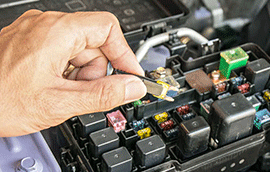
Solution
Start with a visual inspection of the wiring and fuses. If you encounter persistent issues, a diagnostic scan can help pinpoint the exact problem. Regularly maintaining your car’s electrical system can prevent these bugs from becoming bigger headaches.
Fluid Leaks
Fluid leaks—whether oil, transmission fluid, or coolant—can lead to serious damage if not addressed. Identifying the type of fluid and its source is crucial for effective repair.
Solution
Conduct regular inspections of your vehicle’s undercarriage for any signs of leaks. If you spot a puddle, use a paper towel to identify the fluid's color and consistency. Take your car to a mechanic for repairs as soon as possible to prevent further damage.
Conclusion
While cars are complex machines, many common bugs can be easily identified and resolved with a little vigilance and regular maintenance. By keeping an eye on your vehicle’s performance and addressing issues promptly, you can ensure a smoother, safer ride for years to come. Always consult a professional mechanic for persistent problems or when in doubt about your car's condition.
